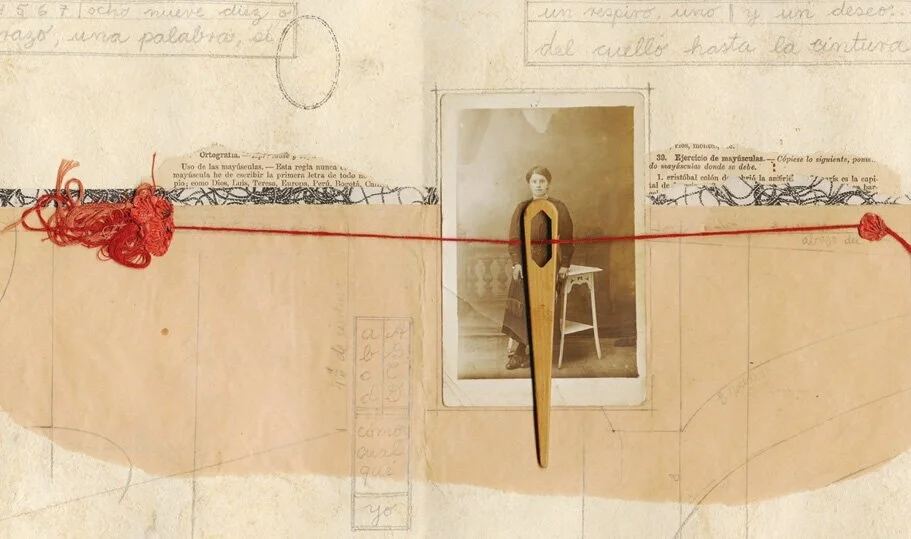The book lovers.
“Married for centuries and now living half a world apart, two vampires wake as the sun goes down. Adam sits holding a lute in his cluttered Detroit Victorian mansion, as Eve wakes up in her bedroom in Tangier, surrounded by innumerable books.”
What I mostly grabbed from Jim Jarmusch’sOnly lovers left alive was an eternity of books. This magnificent image of an Eve surrounded by books, the vast library that makes eternity —away from the garden of Eden—tolerable. Having all the time in the world to read everything, and everything never ends.
Music can make me happy, art can make me happy, but nothing can make me happy the way books can.
In Jarmusch vampire mythology, music and books have been substituted Eden, the most functional illusions of a paradise. (In another film of his, about heaven and love, Stranger than paradise, all the protagonists —among them another Eve— are played by musicians.)
Although music is always at the back of my head and visual arts are my drugs, books are my paradise.
In Borges’ Library of Babel, the library is the universe. And maybe it is somehow like this that I imagine the Universe, an eternal web of stories and images, an eternal library.
Like magical instruments, brooms or magic carpets, bubbles or invisible cloaks, books can take you to or transform any place into an interesting -if not extraordinary- place, safety belts in hard situations (loneliness, sadness, despair or just boredom). In fact, since books always have a place in my bag —and phone and earphone— I never get bored; moreover, books always follow me, even when I am not in their view I am in their spell, it is a matter of property, being a writer means being always in the spell of writing (others’ or yours) in other words, books are my perpetual vision as a means of expression or changing the world.
Anyhow, for a book lover living forever means more books.
There is this short story from the Twilight Zone series I can never forget, although I watched it as a child. The one with the man who loved to read but never had as much time as he wanted and then, surviving from a massive world catastrophe and remaining the last man on earth, he discovers an enormous library. Eden.
His tremendous happiness, having now all the time in the world-literally- for reading, is stolen at the last cruel seconds of the episode when he (just) accidentally breaks his glasses.
I really felt in pain with this story.
Mexican artist Yani Pecanins (1957–2019) had a deep love for books also. She was a book lover.
And she actually transformed this love into art. She is known for her beautiful artists’ books that she made using many different materials, techniques, and remarkable imagination.
Yani Pecanins art is tender and emotional. She creates stories, and her narrative instrument is the object. Her artworks are full of archival material, postcards, letters, memorabilia, pieces of clothes, small objects marked mostly by woman identity—the kingdom of the found object.
Her art possesses something metaphysical and nostalgic. Her books could be a part of the scenery in an Isabelle Aliente or Gabriel Garcia Marquez’ story, or there could be tangos written about them. This metaphysical quality is around as a ghost, like their aura. They are objects possessed. Peculiar talismans or gates for a spiritual ceremony. Small universes of memory and emotion.
Beautiful handwriting, old fashion illustrations and photos stolen from a wallet, the key from a secrets’ box - or maybe it’s her artworks that feel like secrets’ boxes. An approach to Joseph Cornell’s boxes or a condensation of the feelings after the end of a book?
Yanni Pecanins had a softness in her work, a gentle way she used paper, and she made an idiosyncratic and sentimental appropriation of the archive. Her main means are the past itself and its flexibility when approached not only through facts but through feelings.
An extraordinary use of what an object can carry and inspire or a subtle thinking on eternity.
